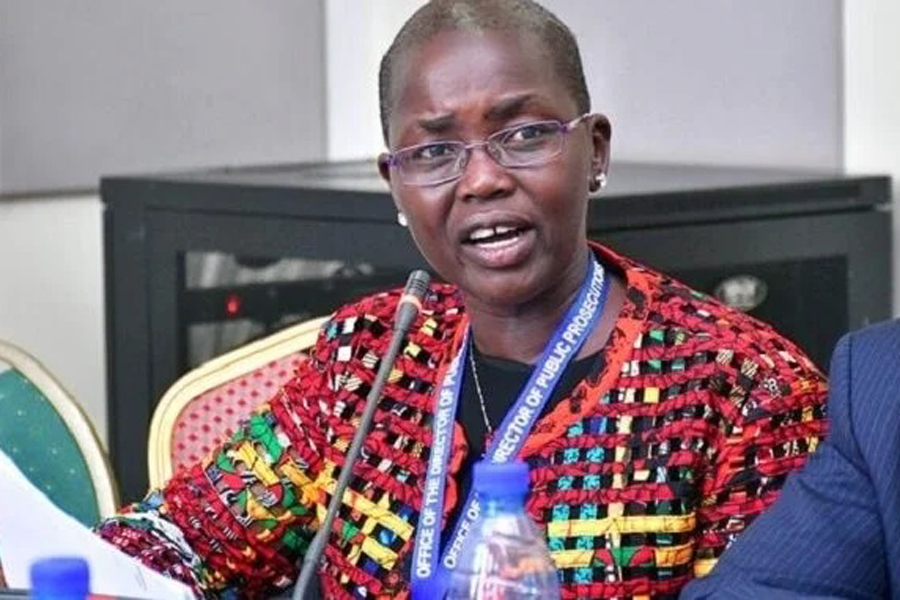Museveni asks health ministry to focus on high risk group in the fight against hepatitis
President Museveni has asked the Ministry of Health and development partners to roll out activities targeting high risk groups in the fight against Hepatitis.
This was contained in Museveni’s remarks read for him by the Vice President Edward Kiwanuka Ssekandi at the opening ceremony of the first ever African Hepatitis Summit at Speke Resort Munyonyo on Tuesday.
Keep Reading
“I have been informed that the risk of viral hepatitis B is high among the health workers, infants born to mothers affected with hepatitis, armed forces, prisoners, people with multiple sexual partners and individuals who get tattoos or those who do body piercing,”Museveni said.
“I would like to encourage the ministry of health and development partners to carry out activities targeting these high risk groups in terms of prevention and treatment.”
Museveni said Uganda is committed to fighting hepatitis but also noted that African countries have the potential of address health issues affecting their citizens including hepatitis through working together.
He noted that governments can partner with private individuals to help provide some of these services that their citizens need.
According to the Minister for Health, Jane Ruth Aceng, certain groups of people are at a higher risk of acquiring hepatitis B because the mode through which it is transmitted is similar to one through which HIV is transmitted.
She however noted that government started a countrywide program that saw children under the age of five years given vaccine but noted there was a big outcry from adolescents between 15 years and above.
“We started screening pregnant women for hepatitis B two year ago but we are going to scale it up in areas where it has not yet been widely done,”Aceng said.
“By next year we should have birth doses for new born babies to prevent transmission of the hepatitis virus from mothers to babies.”
The health minister explained that while doing screening for HIV, government at the same time does the same for hepatitis B as one of the ways to prevent and also treat the virus.
The US Ambassador, Deborah Malac applauded the Ugandan government for its efforts to fight hepatitis saying it is a demonstrable commitment to end the virus.
She noted that the US government will remain committed to giving assistance to the Ugandan government in the fight against hepatitis but also investment in the entire health sector as it has done for a number of years.
“Much can be done if we work together to implement programs against hepatitis. Now is the time to invest in the fight against hepatitis than waiting in the future when it would be so expensive,”Malac said.
At the function, Abbott Diagnostics was recognised by the health ministry for their exceptional performance and contribution towards viral hepatitis response in Uganda and the world at large.
About hepatitis
According to the World Health Organisation, 325 million people in the world live with hepatitis whereas 71 million live with hepatitis C, a curable disease that can lead to cirrhosis and liver cancer.
In Uganda, about 3.5 million people live with viral Hepatitis B but the figures for Hepatitis C are not known.
Uganda as one of the pioneer countries in Africa will soon start manufacturing Hepatitis B medicine , a project undertaken by Cipla Quality Chemicals.
A 2017 survey by Sauti za Wanainchi indicated that 51% of the Ugandan population seek medical services from government health facilities but 31% of these had got fed up after finding long ques whereas 29% said the health facilities lacked medicine and other supplies.
The Health Minister on Tuesday told journalists that there is a high drop rate of adolescents and adults for the third vaccination dose for hepatitis.
She said that after the first dose of vaccination, most people are adamant to return for the second one and third one partly due to long distances from their homes and health challenges to the different government health centres.


















